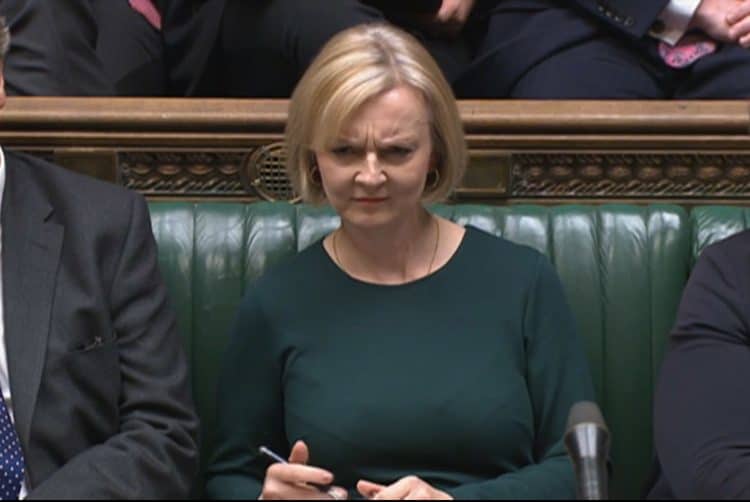Government moves to dismiss class action suit filed by Black civil service employees
Darren Major - Oct 4,2022 - CBC
The federal government has filed a court motion calling on a judge to dismiss a class action lawsuit filed by Black civil service employees on jurisdictional grounds.

Nicolas Marcus Thompson (right), executive director of the Black Class Action Secretariat, speaks as Ketty Nivyabandi (left), secretary general of Amnesty International Canada, and Norma Domey (centre), national vice-president of the Professional Institute of Public Service of Canada (PIPSC), listen in during a press conference on Parliament Hill in Ottawa on Sept. 28.© Sean Kilpatrick/The Canadian Press
The proposed class action — launched in December 2020 — accuses the federal government of systemic racism, discrimination and employee exclusion. It alleges that, since the 1970s, roughly 30,000 Black civil services employees have lost out on "opportunities and benefits afforded to others based on their race."
The statement of claim says the lawsuit is seeking damages to compensate Black federal employees for their mental and economic hardships. Plaintiffs also are asking for a plan to diversify the federal labour force and eliminate barriers that employment equity laws have been unable to remove.
But a motion filed on behalf of the federal government this week says the court doesn't have jurisdiction over the case and the claim should instead be pursued through labour grievances.
The motion says that all related claims should fall under either the Federal Public Sector Labour Relations and Employment Board for unionized employees or the Canadian Human Rights Act for non-unionized employees.
A statement from the Treasury Board of Canada, which oversees the federal workforce, said the government is working to create an inclusive and diverse public service but the issues brought forth in the class action shouldn't be addressed in court.
"There is an existing process to deal with harassment and discrimination in the public service," the statement said, adding that the government's position is consistent with previous government responses to class actions.
Nicholas Marcus Thompson is executive director of the Black Class Action Secretariat, the group that filed the suit. He said he is "extremely disappointed" by the government's motion.
"[The government] has acknowledged these harms and now they're moving to strike the entire claim, to deny workers their day in court," Thompson told CBC.
Thompson disputed the government's suggestion that the claims could be dealt with as labour grievances.
"These systems are not equipped to address systemic discrimination, and within them ... there's inherent biases. The systemic discrimination exists in all of the institutions," he said.
NDP MP Matthew Green called the government's motion "callous" in a tweet on Tuesday.
"They've been working to dismiss the harms they have caused through perpetrating anti-Black racism within the public service for decades," he said.
Group files UN complaint
Last week, the secretariat filed a complaint with the United Nations Commission for Human Rights Special Rapporteur on racism, racial discrimination, xenophobia and related intolerance.
"With this complaint, we are elevating Canada's past failures and failure to act in the present to an international body," Thompson told a press conference in Ottawa last Wednesday.
Thompson said the secretariat hopes the UN special rapporteur investigates its claims and calls on Canada to meet its international obligations to Black employees by establishing a plan to increase opportunities for Black women in the government and develop specific targets for hiring and promoting Black workers.
In response to the UN complaint, Mona Fortier, president of the Treasury Board, said that far too many Black Canadians still face discrimination and hate.
"The government is actively working to address harms and to create a diverse and inclusive public service free from harassment and discrimination. We passed legislation, created support and development programs and published disaggregated data — but know there is still more to do," Fortier said in a media statement last week.

.jpg)








